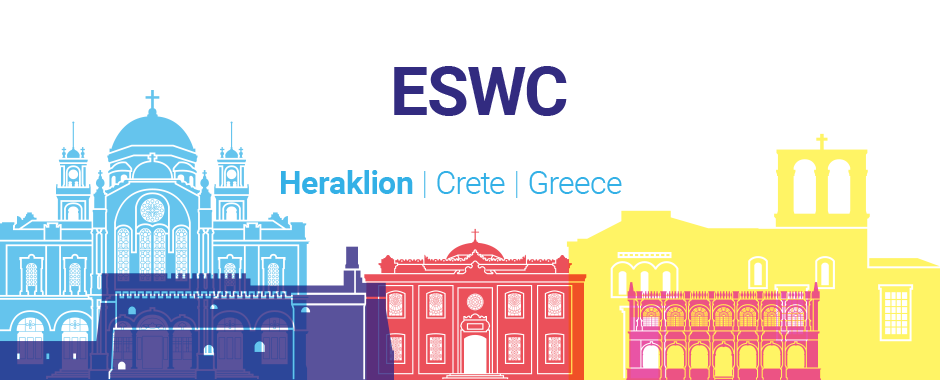Description
The complexity and interconnectedness of the world is reflected in the growing volume and complexity of the data that human endeavour creates. Understanding real phenomena through data requires context and integration of disparate resources. The ability to access and process heterogeneous resources in an uniform and integrated way is crucial to support data science tasks across domains, disciplines and institutions. However, the lack of semantic interoperability among these resources may hinder their use in subsequent tasks like: data access, data cleaning, data mining, machine learning and knowledge discovery.
In this track we expect high-quality submissions presenting novel semantic techniques for matching, integration and fusion to enable the interoperability among disparate resources. We welcome contributions across a broad range of topics, from theoretical foundations to human interaction aspects, over varying degrees of semantic expressiveness from knowledge graph matching to complex ontology alignment, and looking forward to the emerging challenges in this area, such as privacy and explanation.
Negative Results
As a new theme in 2021, ESWC encourages the submission of negative results papers. Specific instructions for negative results papers can be found here.
Topics of Interest
Topics of interest include, but are not limited to
- Matching for ontologies, knowledge graphs or linked data;
- Matching and machine learning;
- Matching and embeddings;
- Link prediction, instance matching and data interlinking;
- Tabular data to knowledge graph matching (including web tables, csv files, relational databases, etc.);
- Formal foundations and frameworks for matching and integration;
- Evolution and management in integration and fusion scenarios;
- Inconsistency checking and debugging in integration and fusion scenarios;
- Emerging topics (privacy-aware matching; expressive and complex matching, explanation in matching);
- Semantic similarity and uncertainty in matching;
- Large-scale and efficient matching techniques;
- Matcher selection, combination and tuning;
- Interfaces for user involvement and collaborative matching;
- Domain specific matching solutions (e.g., healthcare, government, business, product matching, etc.);
- Requirements and techniques for matching services (e.g., in cloud, with mobile apps, big data, APIs);
- Hypothesis-driven matching and integration techniques (including negative and unexpected results).
Delineation from other tracks:
- Demonstration of concrete applications that make use of Matching, Integration and Fusion techniques in practical settings may be a better fit for the In-Use or Industry Track.
- Descriptions of datasets or benchmarks for Matching, Integration and Fusion that could be reused by the broader research community should be reported as part of the Resources Track
Submission
Information on deadlines and submission formats can be found here.
Track Chairs
- Catia Pesquita, LASIGE, Universidade de Lisboa
- Ernesto Jimenez-Ruiz, City, University of London and University of Oslo
